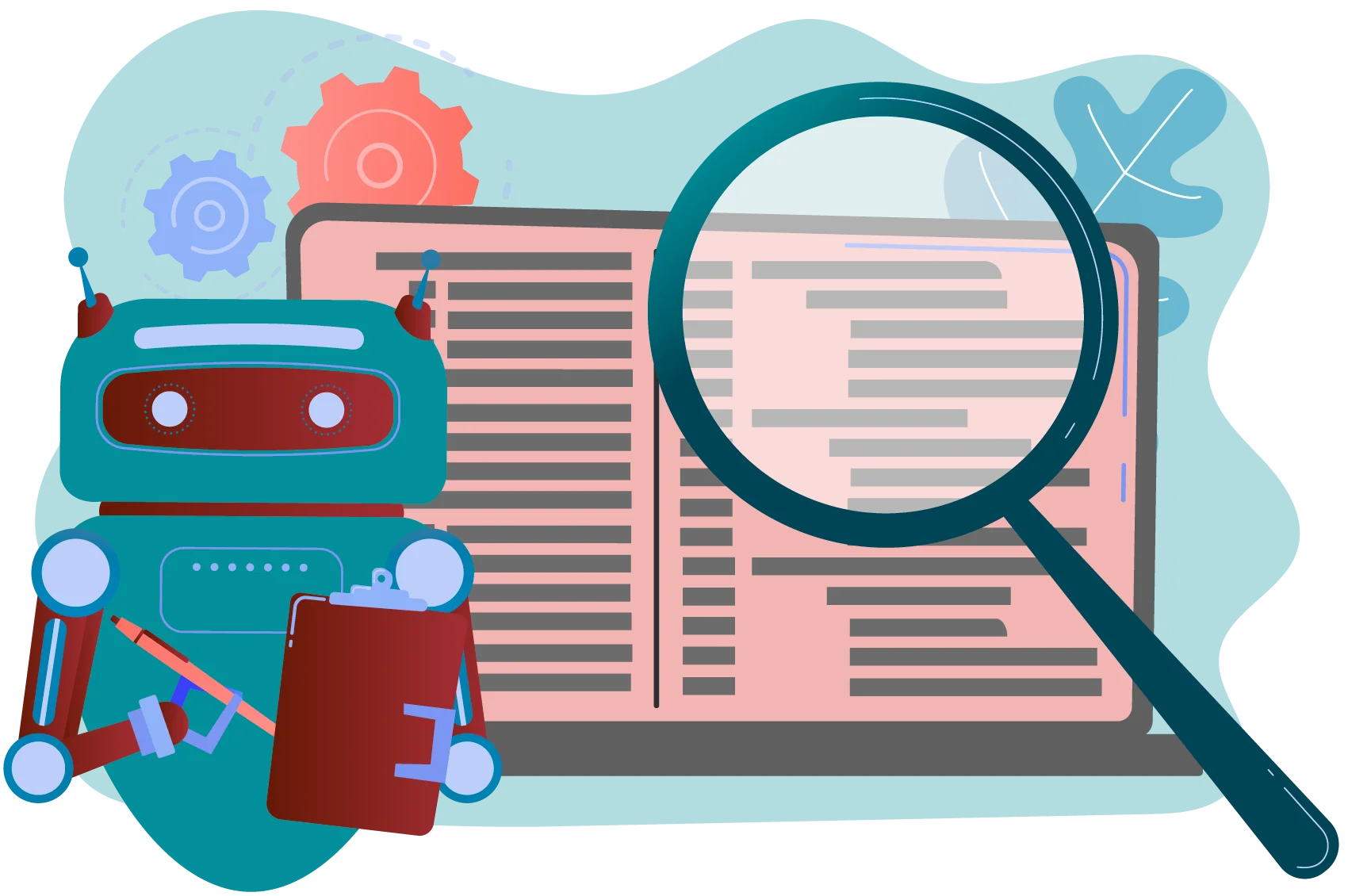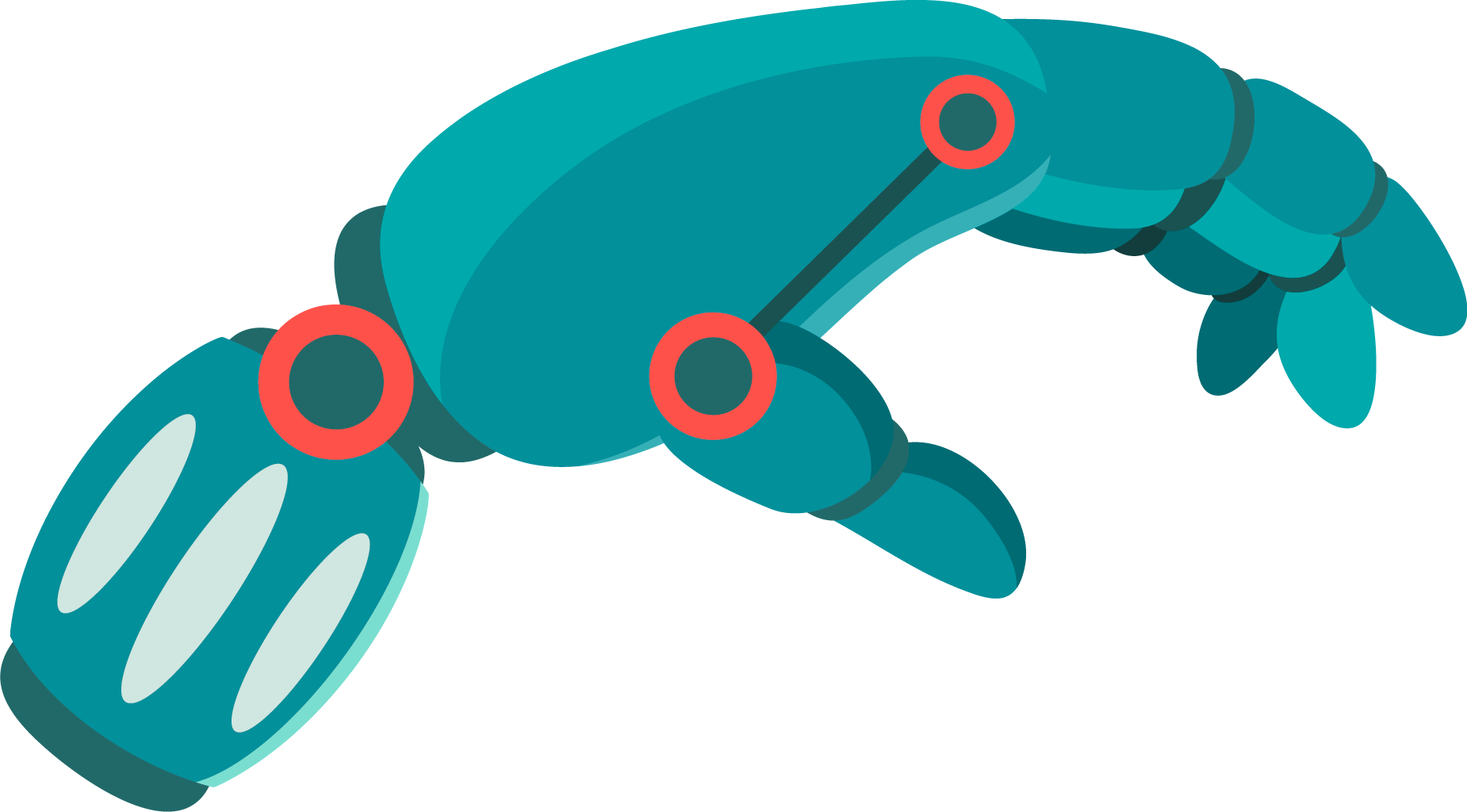What is RPA?
Know what you need about Robotic Process Automation or RPA

Know what you need about Robotic Process Automation or RPA



Technological advancement in the era of Industry 4.0 is experiencing constant growth. This is why many companies are choosing to adopt Robotic Process Automation (RPA). The main purpose of this technology is to eliminate monotonous tasks and allow employees to focus on higher-value work. If you're interested in understanding what RPA entails and its relevance in the modern market, we invite you to keep reading.
Not all tasks can qualify to be automated, only those that meet certain conditions, such as:

Highly transactional tasks
Repetitive tasks with a high volume of work.

Time consuming
Tasks with highly involved labor.

Scalable
Processes that experience fixed seasonal changes.

Standardized
Stable tasks over time, with execution always working in the same manner.

Robotic Process Automation can be used to automate actions such as workflow, infrastructure,and back-office processes
that require significant labor.
Let's look at some use cases:
Some of the main reasons why companies hesitate to adopt this type of technology are related to certain “myths” that have been circulating across various industries:

Most clients seeking a digitalization solution that includes the latest technology believe it will be very expensive. However, when calculating the Return on Investment (ROI), this view turns out to be completely incorrect.
RPA solutions can be deployed in the Cloud, which means clients don’t have to worry about purchasing expensive servers or other additional products.


Many people think that RPA is a very complex tool that they won’t be able to understand. In these cases, the expertise of the channels is key to demonstrating that the systems and solutions are easy to manage and user-friendly.
The benefits of Robotic Process Automation (RPA) are extensive and have a significant reach, including customer satisfaction, process speed, accuracy, and cost-effectiveness.
Economic Efficiency
It is estimated that implementing robotic technology can reduce operational costs by up to 50%. Robots can work 24/7 without rest. They have no distractions, do not get sick, and do not take coffee breaks. Tasks are completed faster than a human would do them.
Accuracy and Excellence
RPA improves processes that are highly prone to human error, thereby increasing accuracy. Additionally, it reduces instances of repetitive tasks and dramatically enhances the quality of outcomes. Robots strictly follow all rules, achieving 100% accuracy in process results.
Business Security
Robotics is a secure and non-intrusive technology that does not interfere with systems, maintaining perfect consistency in the execution of activities in a generalized and constant manner. With proper management of RPA parameters, the risk of gaps between platforms is relatively low.
Optimization and Implementation
Accessing accurate and error-free data from various sources improves the quality of analysis in the process, leading to more accurate decision-making and, overall, to better process execution.
Increased Speed
Since bots handle the execution, a greater amount of work can be accomplished in a much shorter period. Faster delivery, combined with accuracy, becomes the norm with automation.
Adaptability to Any Industry
Robotic Process Automation applies across all sectors, including industrial automation. Any rule-based process that is definable and repeatable is an ideal candidate for automation.
RPA truly pays off by eliminating labor costs associated with having an employee perform tasks that can be automated, while simultaneously providing the opportunity to reallocate that worker to tasks that require more of their capabilities.
We can help you incorporate RPA into your business, allowing you to take a step forward in your technological growth.